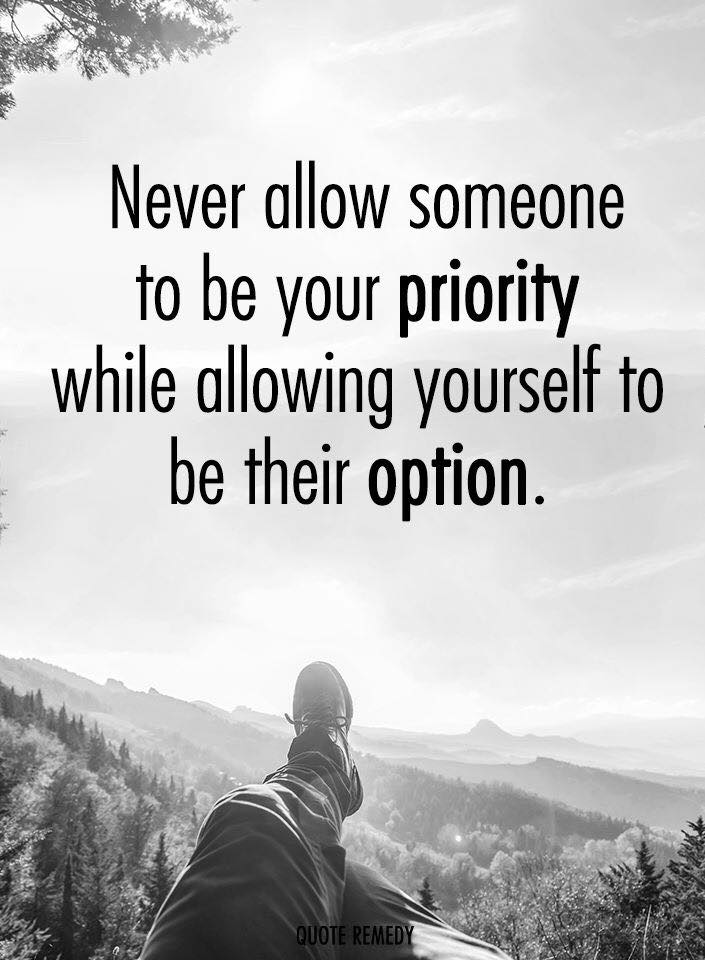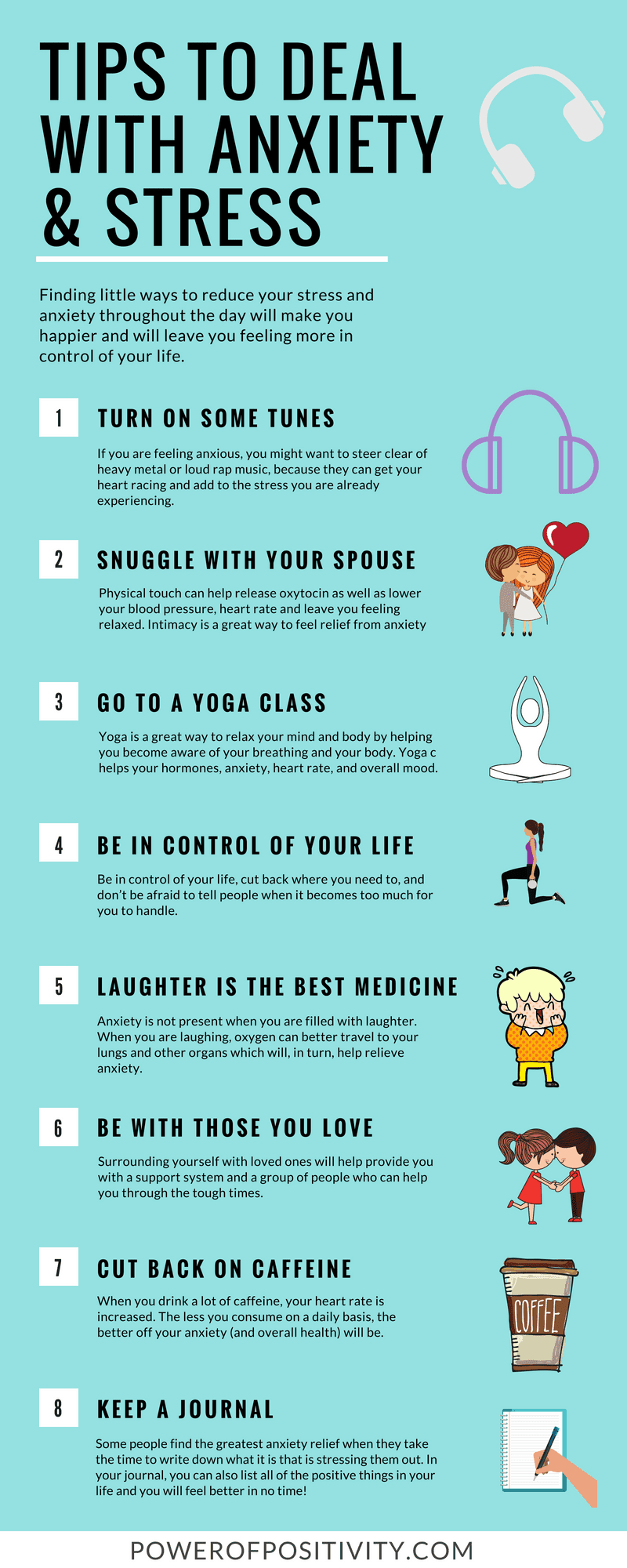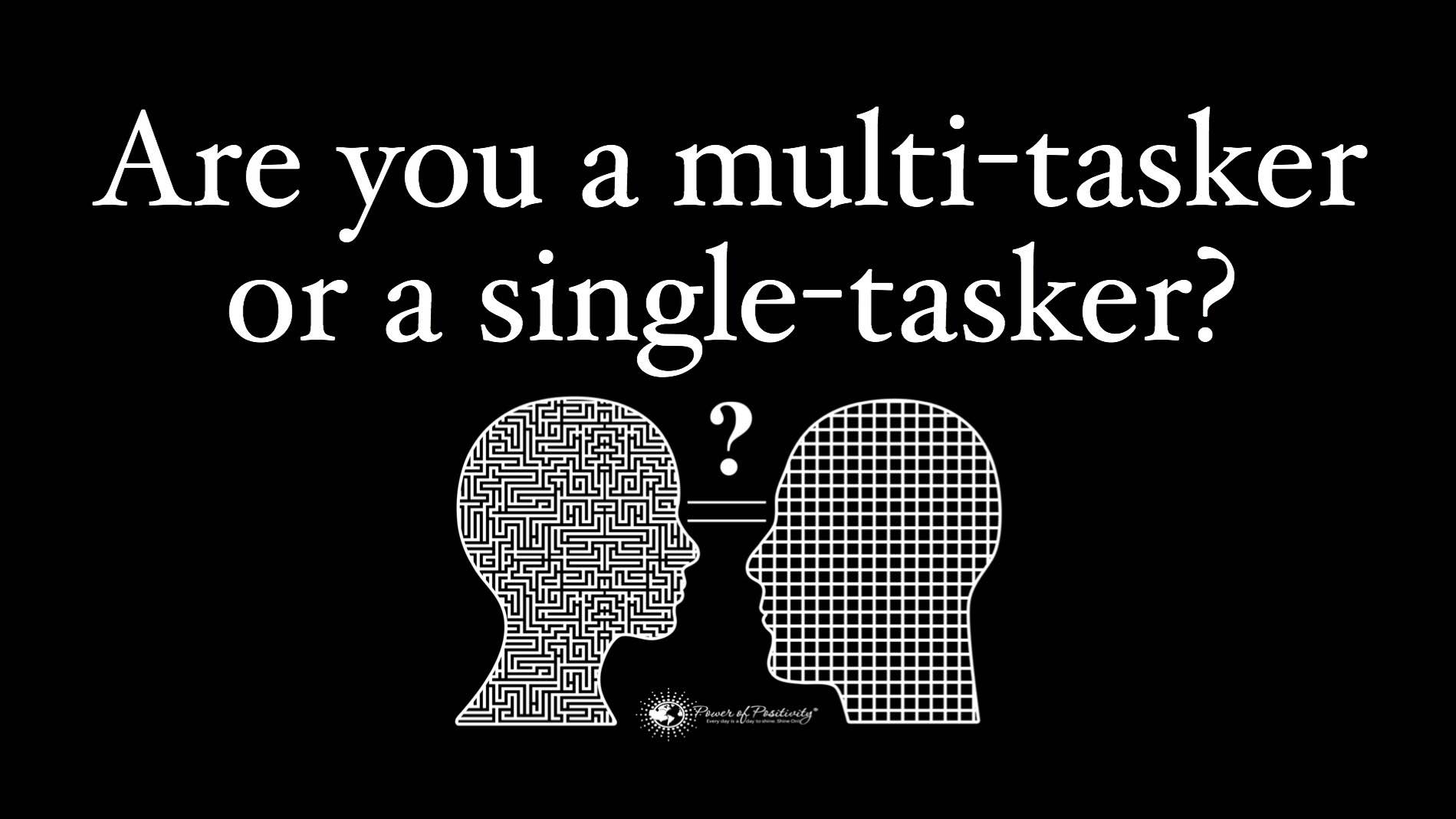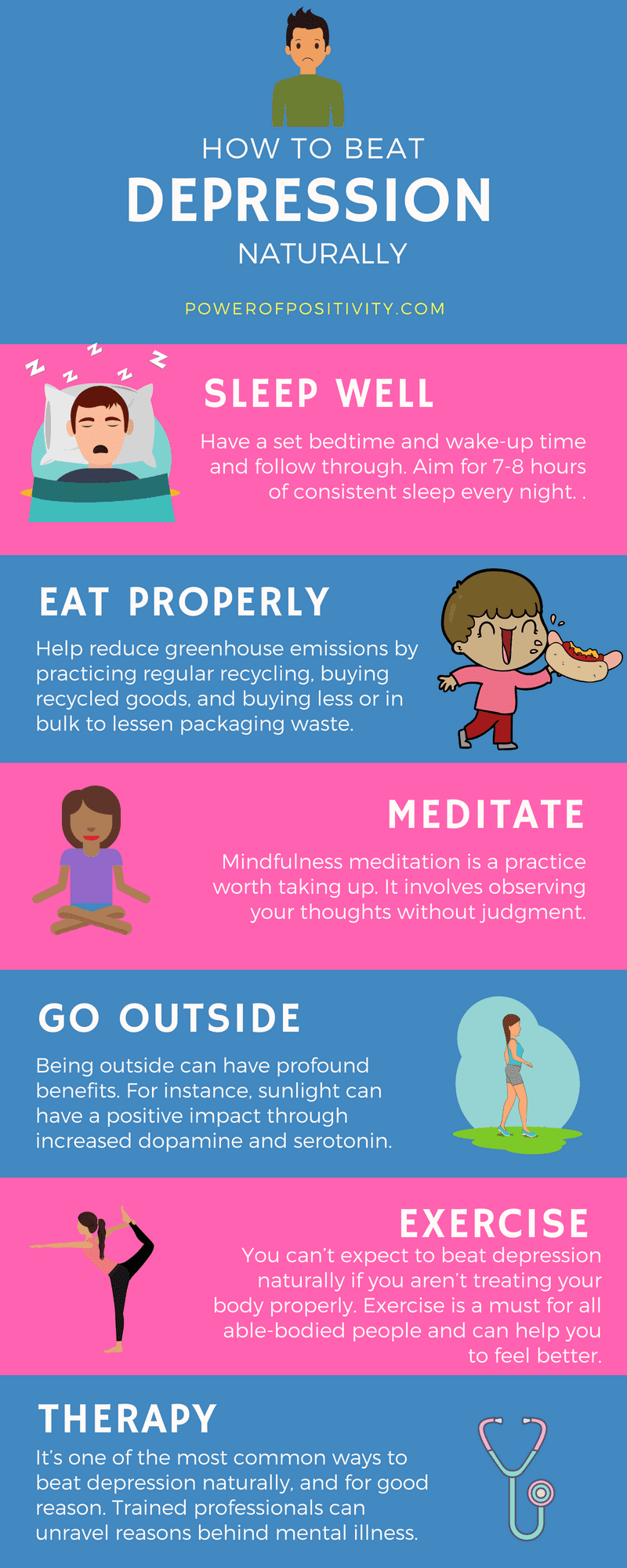If you’ve recently been cheated on, your brain is probably still like, “Wow,” and the rest of you doesn’t know what to do with itself. You can’t fathom how someone could breach your trust, break your heart, kill your faith in humanity and et cetera. All those feelings that you’re feeling right now are normal, but you have to move on. You must thrive and survive because it’s not the end of the world when you get cheated on. Here are some very helpful tips that can help you heal, bounce back and be stronger than ever in the end. I got cheated on, too, and this is how I survived.
1. Have a Little Cry and Decide
Being cheated on is a serious matter, and you’re going to be feeling all types of ways about it. The worst thing you can do is keep your feelings bottled up because by doing that, you give them a chance to hurt your insides. You just suffered an injury, so take the time to let your heart bleed a little bit. Cry and come to terms with the way that you truly feel because it’s your first step toward recovery. You’re also going to be dealing with anger, denial, confusion and a couple of other feelings. Ride each one of them out like waves and become an emotional surfing pro. When you come back to shore, you can decide whether you need to kick your guy or girl to curb. I cannot tell you what to do here, but I can tell you that it will take a lot of work to get through it as a continuous couple.
2. Trust a Friend
You shouldn’t be alone or have to go through this all by yourself. You should contact someone you can trust and tell them in confidence something like, “My boyfriend cheated on me” or “My girlfriend cheated on me.” Most people’s natural reaction is one of compassion. If you have good friends, they’ll want to comfort you, support you through this, and try to help you do anything that you need to do to feel better. That may be going out to dinner, participating in sports or getting a massage at the spa. Just make sure you select someone an individual who is emotionally available to you. You’ll know them by their fruits. Supportive people will be there to talk to you at your lowest points.
3. Eat Lots of Chocolate
This may sound just a little corny, but it’s scientific. Chocolate boosts a chemical in your brain called serotonin. Serotonin can make you ecstatic and happy even in times of a crisis such as this. Chocolate also contains polyphenols, and they can help you maintain your strength. According to Psych Central, dark chocolate has even more benefits than milk chocolate has, so you may want to grab a super-dark bar. Emotional pain takes a lot out of you, but eating sweets is a fun way to get some of it back. Psy
4. Remember It’s not You
The phrase, “It’s not you, it’s him/her” may seem cliche. It is, but it’s also true. Don’t absorb the blame for your boyfriend or girlfriend’s cheat session. It is not your fault. Something inside of that person made him or her believe that it was okay to lie to you and see someone else behind your back. He/she will have to resolve the internal matters that caused that. All you need to do is heal, and you can do that by accepting that you cannot control what someone else does. You couldn’t make your ex stop, and you couldn’t have made him do it either.
5. Get out of Your House
Going out to do something fun can make you forget about what happened with your mate. You don’t have to spend a lot of money. Just grab a friend and get out for a little while. Go check out the newest movie, go shopping or go sit down at a happening restaurant. As long as you have fun, it doesn’t matter which activity you choose.
6. Forgive Those Who Hurt You
Sooner or later, you’re going to have to exercise forgiveness for being cheated on. Forgiveness is the key to healing, and you must do it for yourself more so then you will do it for the person who hurt you. When you forgive, you let go of all feelings of vengeance, bitterness and rage, and you give those feelings to your higher power to handle. The weight is then lifted so that you can move on and become a happier you. Your life will no longer be about “my boyfriend cheated on me” or “my girlfriend cheated on me.” It will be about living the fullest life you can live as the new you.
7. Be Wise but not Closed Off
Finally, you will need to take some time to reflect. Think about the parts of your relationship that you could have made better, and use them to develop a strategy for your next relationship. Don’t give up or close your heart to other people. Be wise but not shut off or closed down. You will be able to love again as long as you take the right amount of time to heal first.
Don’t rush any of the stages of grief or skip over any part of your healing process. You must go through everything as mentioned above and more if you want to come out of this winner. Keep a private daily journal to track your progress and don’t give up.













